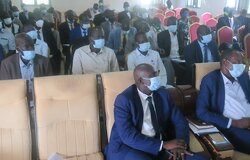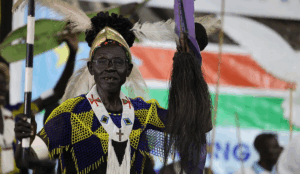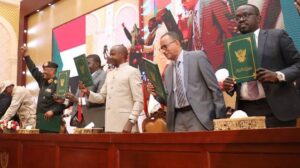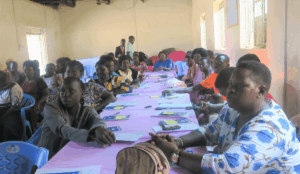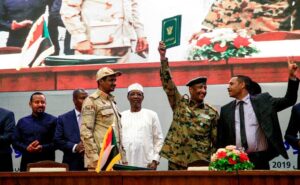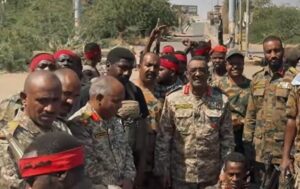By Web Desk
Women leaders in Joppa near Juba have added their voices to the many calling for stakeholders at all levels of society to pay special attention to fulfilling the needs of women and girls when the new peace accord is implemented.
“We die from treatable diseases such as malaria fever, typhoid and diarrhea, yet there are no culverts and bridges across our streams for cars to intervene quickly during security or health emergencies, says Mary Matayo, a resident of Joppa, who nevertheless expressed her joy over the arrival of peace in her country.
Mary and her female friends said most that challenges facing women are compounded by ill-proclaimed cultural practices, beliefs and customs that put females at the lowest level of importance simply for being women.
Their call for women-specific concerns to be addressed was made at a peace forum organized by the Gender Affairs Unit of the United Nations Mission in South Sudan (UNMISS), which brought together about 45 women leaders to explore ways of ending sexual and gender-based violence.
The session also helped pinpoint obstacles hindering the progress of women, including a hitherto failure to live up to the inclusion of 35 per cent women at all levels of government, as stipulated in the revitalized peace agreement.
Yet security seems to be at the top of the list of priorities.
“We want to see lasting peace so that we can live together peacefully forever, so that we can sleep outside our houses in the hot season like this, and so that our children can go back to school,” Mary Matayo says.
Another Joppa resident, Lili Abraham Duku, said it was the first time for her to understand the mandate of the UN peacekeeping mission in her country.
“We were once in darkness, but your lessons have opened us up to the rest of the world. Not all of us are here, but we shall now go with our mouths open to help educate the rest on what we have acquired from this forum,” she proclaimed. “I have learnt that division is bad, and that unity is power…so from today onwards, we shall live as one community, one tribe and one nation.”



